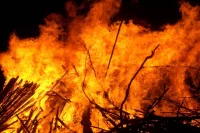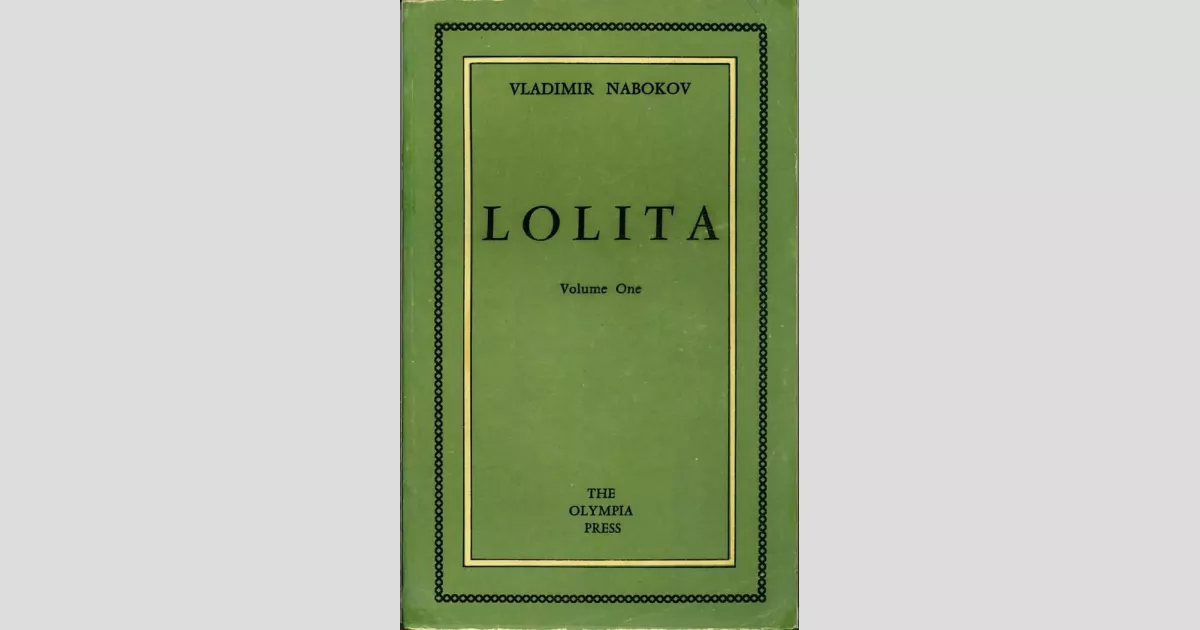Lolita, a novel by Vladimir Nabokov, centers on Humbert Humbert, a literature professor obsessed with Dolores Haze, a 12-year-old girl he nicknames "Lolita." Humbert becomes her stepfather to be close to her, eventually kidnapping and sexually abusing her. The novel explores themes of obsession, manipulation, and the corruption of innocence. Due to its controversial subject matter, Lolita was initially published in Paris before gaining wider recognition.
1916: Publication of "Lolita" by Heinz von Eschwege
In 1916, a German short story titled "Lolita" by Heinz von Eschwege (pen name: Heinz von Lichberg) was published.
December 6, 1933: Decision in United States v. One Book Called Ulysses
On December 6, 1933, Hon. John M. Woolsey ruled in the case United States v. One Book Called Ulysses that Joyce's Ulysses was not obscene and could be sold in the United States.
1937: Nabokov's residence in Berlin
Until 1937, Nabokov lived in the same section of Berlin as the author Heinz von Eschwege and was likely familiar with his work.
1939: The Enchanter written
In 1939, Nabokov wrote The Enchanter (Волшебник), which features the same basic idea as Lolita.
1940: Nabokov moved to the United States.
In 1940, Nabokov moved to the United States and abandoned his native Russian language for English.
April 1947: Nabokov writes about a novel about a man who liked little girls.
In April 1947, Nabokov wrote to Edmund Wilson about writing a short novel about a man who liked little girls, initially titled "The Kingdom by the Sea".
1948: Kidnapping of Florence Horner
In 1948, 11-year-old Florence Horner was kidnapped by 50-year-old mechanic Frank La Salle, who traveled with her for 21 months and is believed to have raped her.
1948: Reference to Frank Lasalle and Sally Horner in Lolita
In 1948, Frank Lasalle, a fifty-year-old mechanic, did something to eleven-year-old Sally Horner.
1956: Nabokov wrote an afterword to Lolita.
In 1956, Nabokov wrote an afterword to Lolita ("On a Book Entitled Lolita") that first appeared in the first U.S. edition and has appeared thereafter.
1956: Changes in Naming Trends Due to Lolita
Since 1956, people don't seem to name their daughters Lolita anymore, but young female poodles have been given that name.
1958: Hurricane Lolita mentioned in Pale Fire
Nabokov's 1962 novel Pale Fire mentions Hurricane Lolita coming up the American east coast in 1958. There were no hurricanes named Lolita that year, but that is the year that Lolita was published in North America.
1962: Nabokov's interview for BBC Television
In 1962, Nabokov gave an interview for BBC Television.
1962: Reference to Hurricane Lolita in Pale Fire
In 1962, Nabokov's novel Pale Fire mentions a Hurricane Lolita coming up the American east coast in 1958, with the narrator questioning the use of the name.
1974: Nabokov used the title A Kingdom by the Sea in Look at the Harlequins!
In 1974, Nabokov used the title A Kingdom by the Sea in his pseudo-autobiographical novel Look at the Harlequins! for a Lolita-like book written by the narrator.
Mentioned in this timeline

Christmas is an annual festival celebrated on December th commemorating...
National Public Radio NPR is an American public broadcasting organization...
France officially the French Republic is primarily located in Western...

Books are a means of storing information as text or...

Fire is a rapid oxidation process called combustion releasing heat...
England a constituent country of the United Kingdom occupies roughly...
Trending

2 hours ago Maya Hawke and Christian Lee Hutson celebrated wedding with Stranger Things cast present.
2 hours ago Wizz Air Launches New Larnaka-Barcelona Flights, Boosting Tourism for Cyprus and Spain.

2 hours ago Jon Ossoff criticizes Trump, speech goes viral, fueling 2028 'Front Runner' speculation.
4 hours ago ANTM's controversies are revealed in a new Netflix documentary, with Tyra Banks facing criticism.
4 hours ago EU monitors Albania's legal changes: Concerns raised over Rama's SPAK amendment.
5 hours ago Arkansas State Police sees 29% drop in high-speed pursuits due to law changes.
Popular

Jesse Jackson is an American civil rights activist politician and...
Randall Adam Fine is an American politician a Republican who...

Pam Bondi is an American attorney lobbyist and politician currently...

Barack Obama the th U S President - was the...

Martin Luther King Jr was a pivotal leader in the...

Ken Paxton is an American politician and lawyer serving as...


